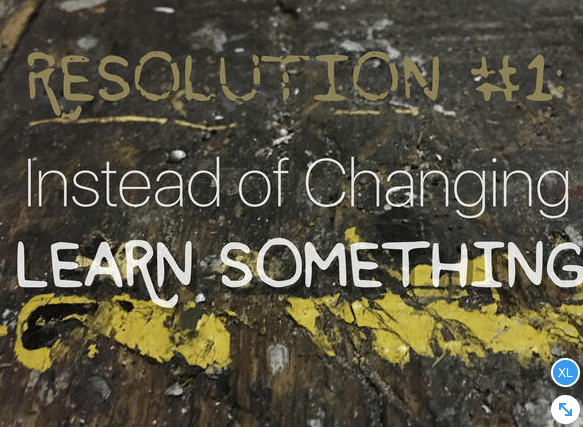Showing empathy in the workplace is vital for creating a supportive, understanding, and productive environment.
Here are three examples of how empathy can be demonstrated at work…
- Supporting a Colleague Under Pressure- Imagine a coworker is under a tight deadline and overwhelmed with the workload. Showing empathy could involve recognizing their stress and offering practical help, such as taking on some of their tasks if possible, or simply offering encouragement. Saying something like, “I see you’re under a lot of pressure; how can I help?” acknowledges their situation and offers support.
- Responding to a Team Member’s Personal Loss- If a team member has recently experienced a personal loss, such as the death of a family member, showing empathy is crucial. This might involve expressing sincere condolences, giving them space and understanding if they seem less focused or need time off, and offering support in a considerate manner. A simple “I’m so sorry for your loss, I’m here if you need to talk or need any support at work” can mean a lot.
- Acknowledging Job-Related Concerns or Anxiety- When a colleague expresses worry about job security, changes in company structure, or career progression, empathetic listening is key. Instead of dismissing their concerns, validate their feelings and discuss their problems openly. For example, “It sounds like these changes are worrying you. Let’s talk about what they might mean for us and see if we can find a way to address these concerns together.”
The importance of empathy in nurturing a culture of mutual respect and support, which can lead to improved morale, increased collaboration, and a more positive work environment overall.





